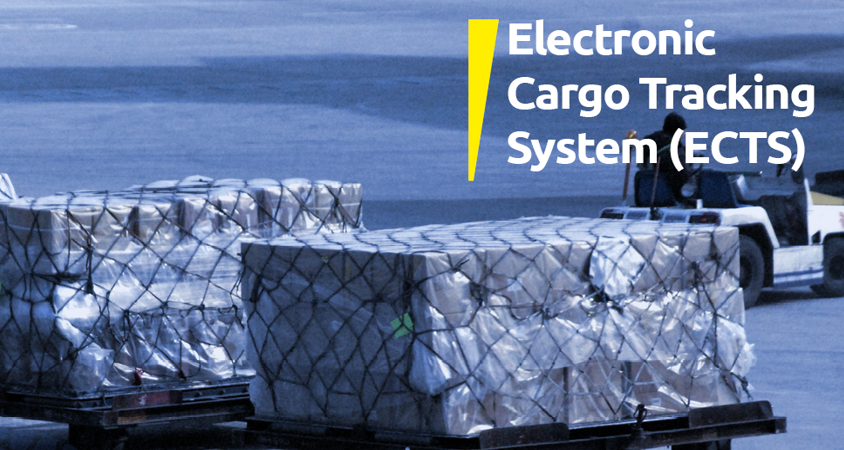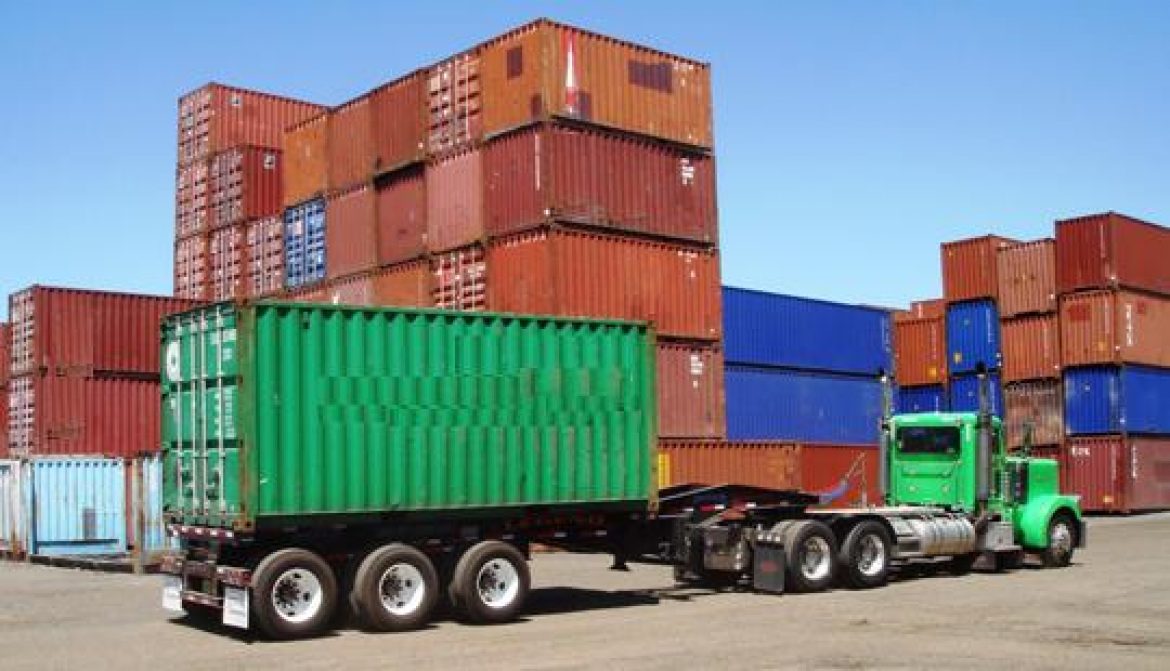Borderless Tracking Cargo Tracking solutions helping transporters comply with regulatory obligations

Transporters are facing more challenges now more than ever before – from increased regulation, push towards harmonization, security, and privacy concerns; to globalization, mergers and acquisitions.
Just as emerging markets now present an increasing percentage in transport industry revenues, the regulatory standards of those markets have become an additional area of concern for regulatory affairs compliance like the Kenya Revenue Authority (KRA).
For local truck owners and their drivers, it is important for them to be acquainted with the rules and regulations governing the movement of goods and services within the region. This is important because countries have different requirements.
Borderless Tracking Limited is one of the Kenya Revenue Authority (KRA) licensed vendor to provide the Electronic Cargo Tracking System (ECTS). The technology enables real time-time tracking of cargo from point of loading to point of discharge. They system helps customs and private cargo transporters monitor the movement of goods remotely while at the same time complying with the laid down transport regulations.
Borderless Tracking Limited helps to bridge the information gap between trading partners and the regulatory authorities. This ensures efficient cargo security screening, cargo declaration, and compliance across multiple regulatory requirements.
According to Esther Wainaina, General Manager Borderless Tracking Limited, the cargo tracking solutions not only helps government agencies enforce cargo handling regulations but also prevent theft and dumping of goods in transit.
Read>> Electronic Cargo Tracking System (ECTS) a Cost-Effective Tool in Transit Trade
Upon the installation of the In-Vehicle-Module (IVM) tracking device on the trucks, a compliance certificate is issued by Borderless Tracking Ltd and submitted to KRA for verification; and later issued to the transporter. Both Borderless Tracking and the Kenya Revenue Authority (KRA) are then able to monitor the movement of trucks transporting cargo along gazetted routes.
‘’Transporters do not have to worry about getting on the wrong side of the law once they have adhered to all the laid down regulations. Once certified, they will meet a wide range of safety, security and commercial compliance mandates’’ Esther Wainaina says.
For planning purposes, the cargo tracking solution assists in the identification of trends in the supply chain hence ability to make informed decisions.
These solutions, not only help government agencies enforce cargo handling regulations but also prevent theft and dumping of goods in transit through a given territory.
Built on years of experience in working with regulatory authorities, Borderless Tracking cargo tracking solutions enables collaborations between multiple parties to address a broad spectrum of filing requirements across transportation modes as new requirements are mandated.
Borderless Tracking modular approach also enables transporters to select specific features and functions based on compliance requirements, budget, technology infrastructure, and in-house resources. This, in turn, helps transporters gather data from multiple parties, move goods across borders without disruption and reduce the risk of penalties and fines.
Transporters that fail to comply with regulatory obligations face significant repercussions – from audits and vehicle inspections to even fines. Considering the competitiveness among transporters and other costs associated with the industry, regulatory compliance failures can be very damaging to companies.
Transporters who consistently demonstrate a commitment to effective regulatory compliance through transparent systems and reports build trust and show their investment in delivering improved and efficient cargo transport services.


